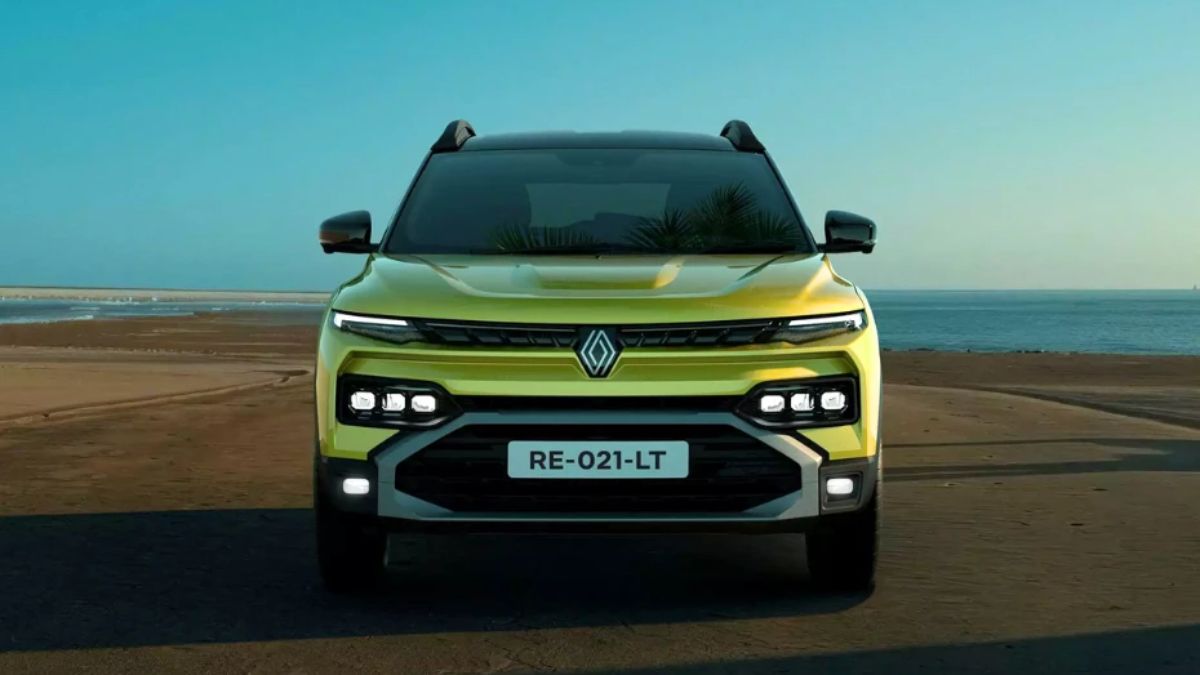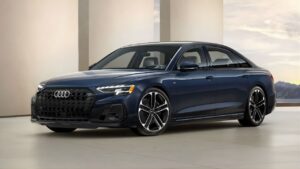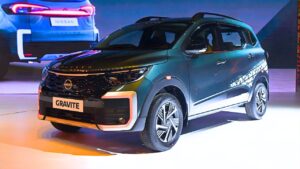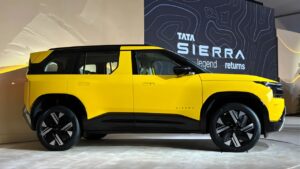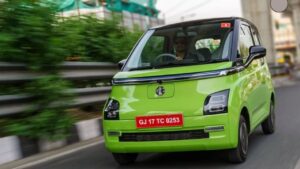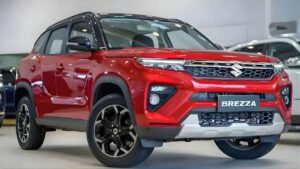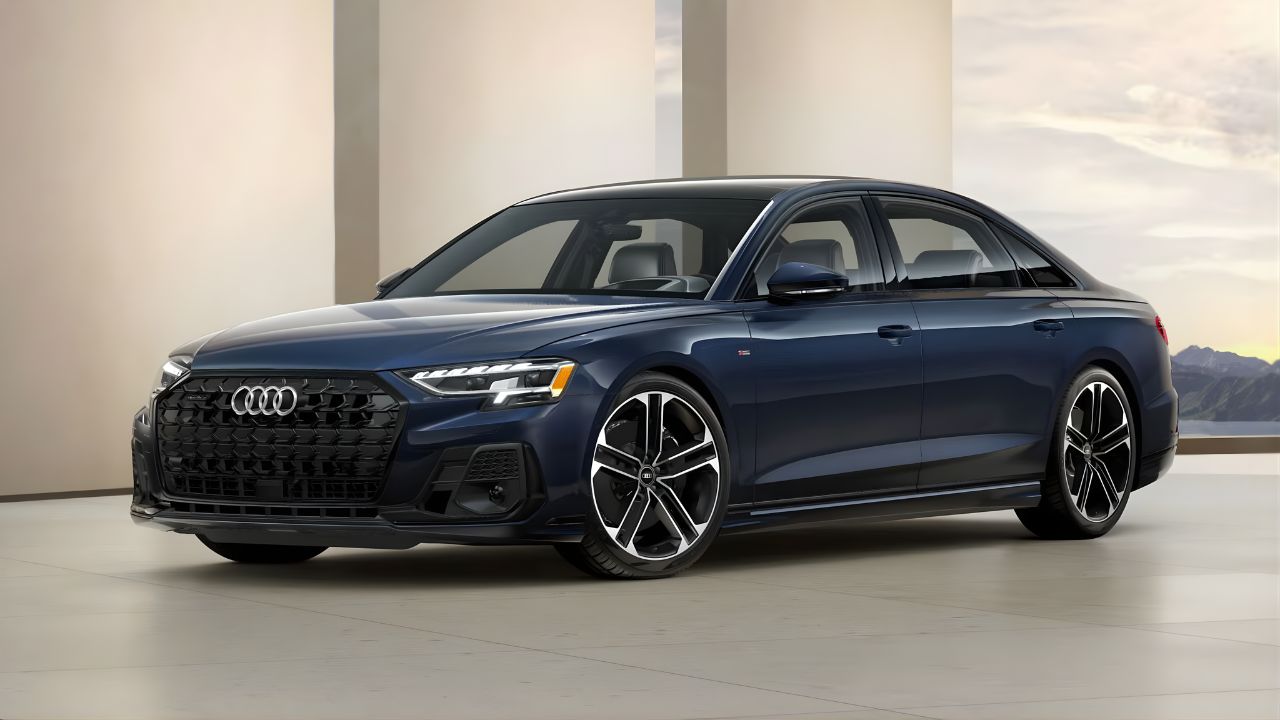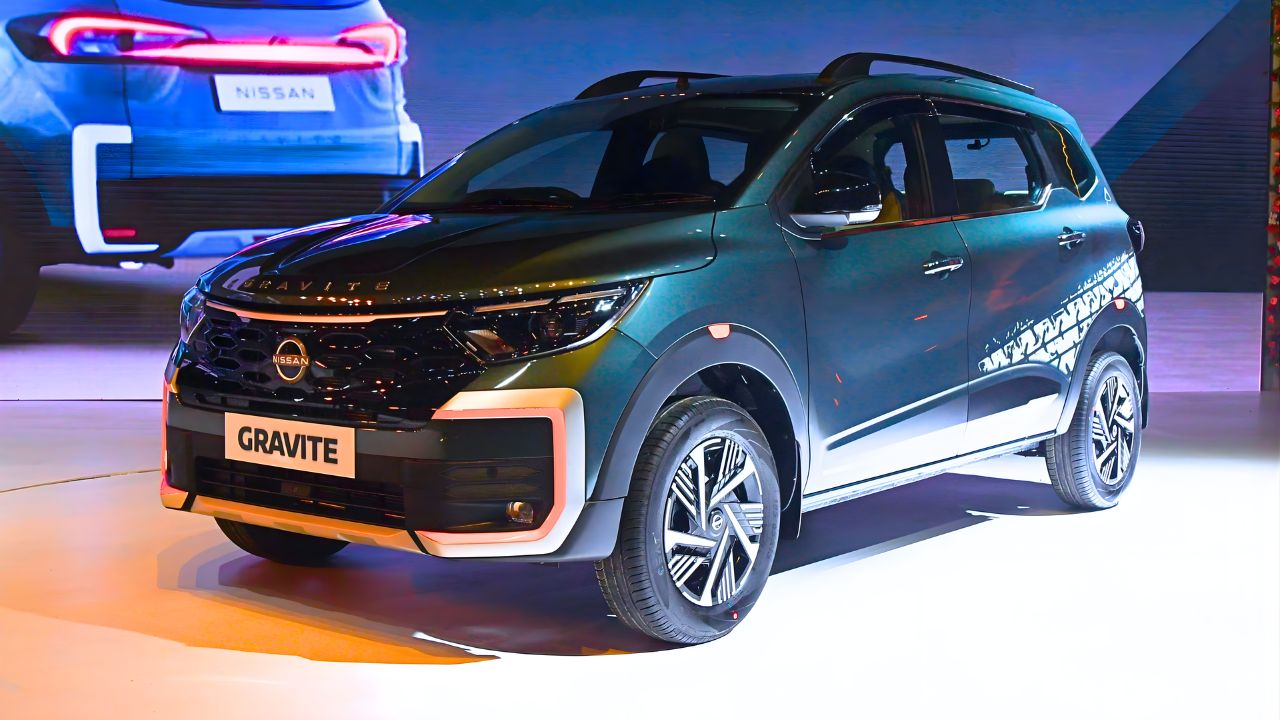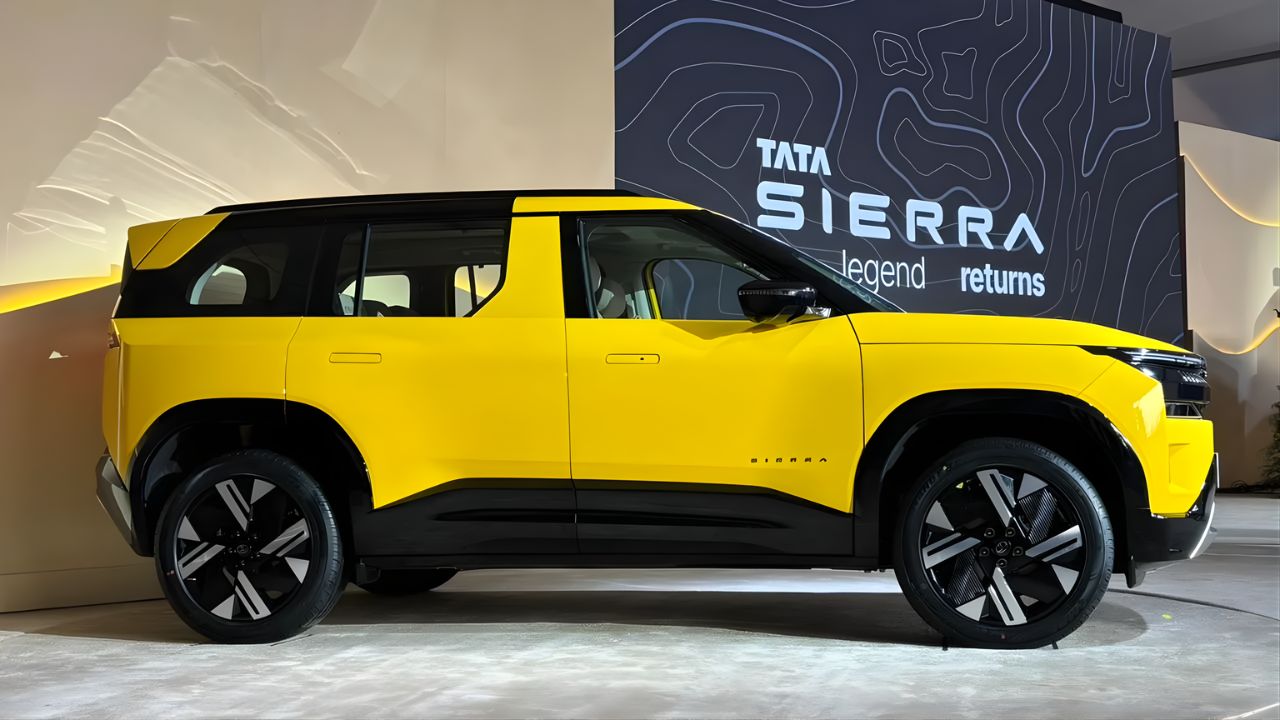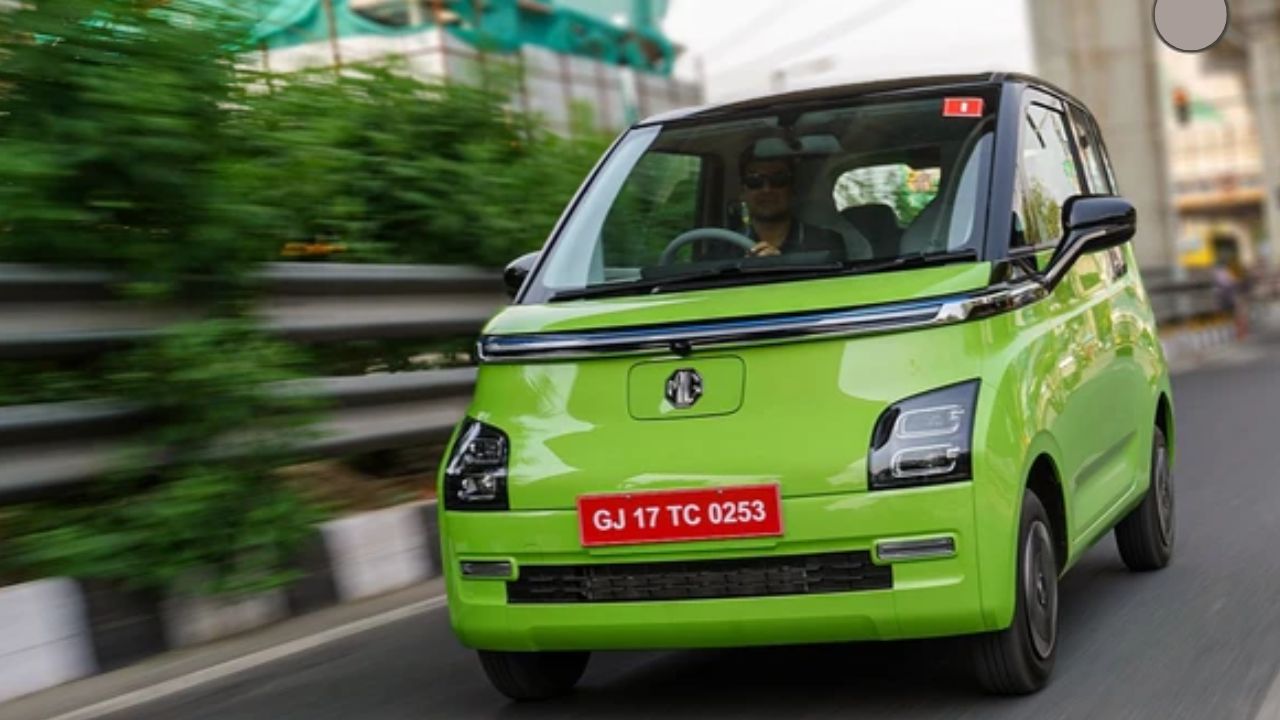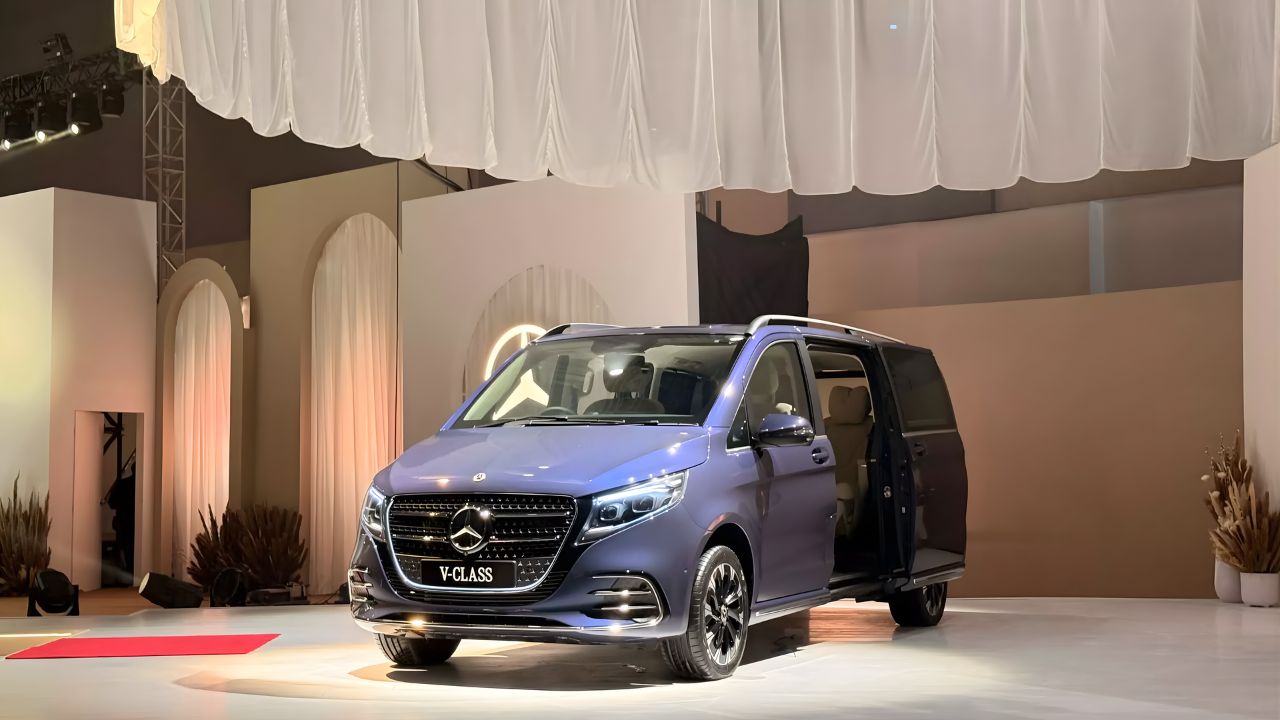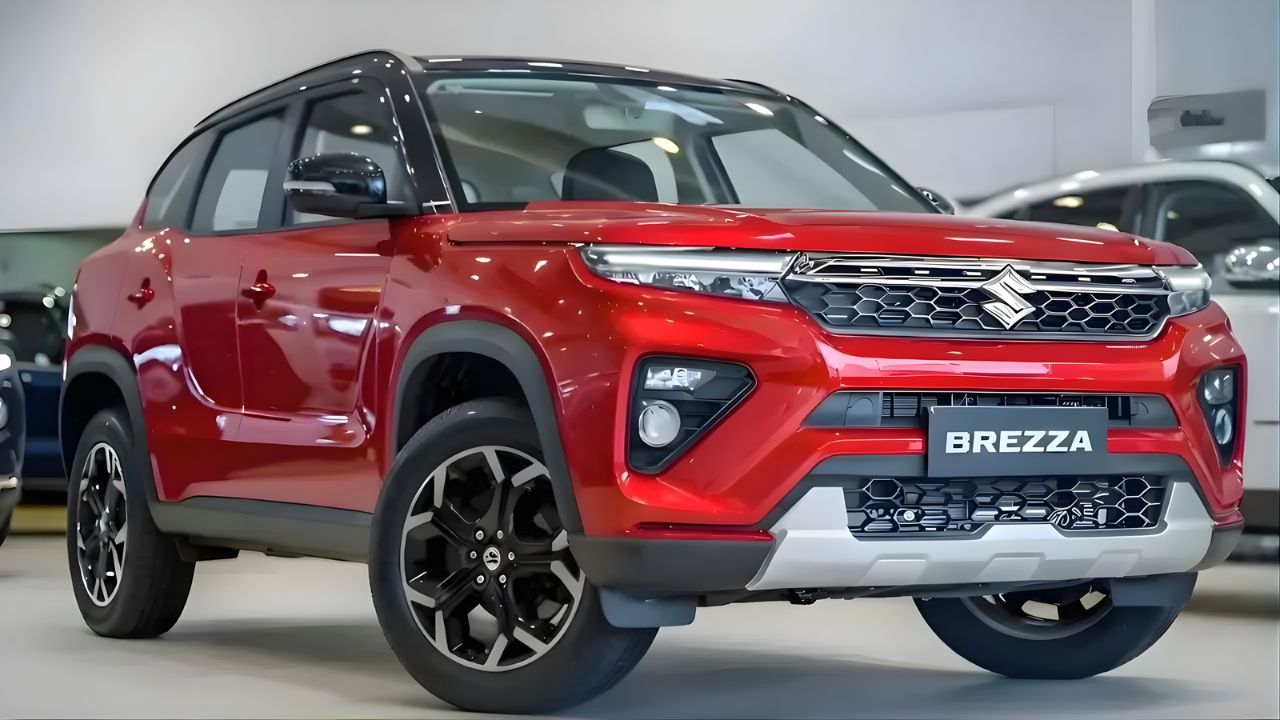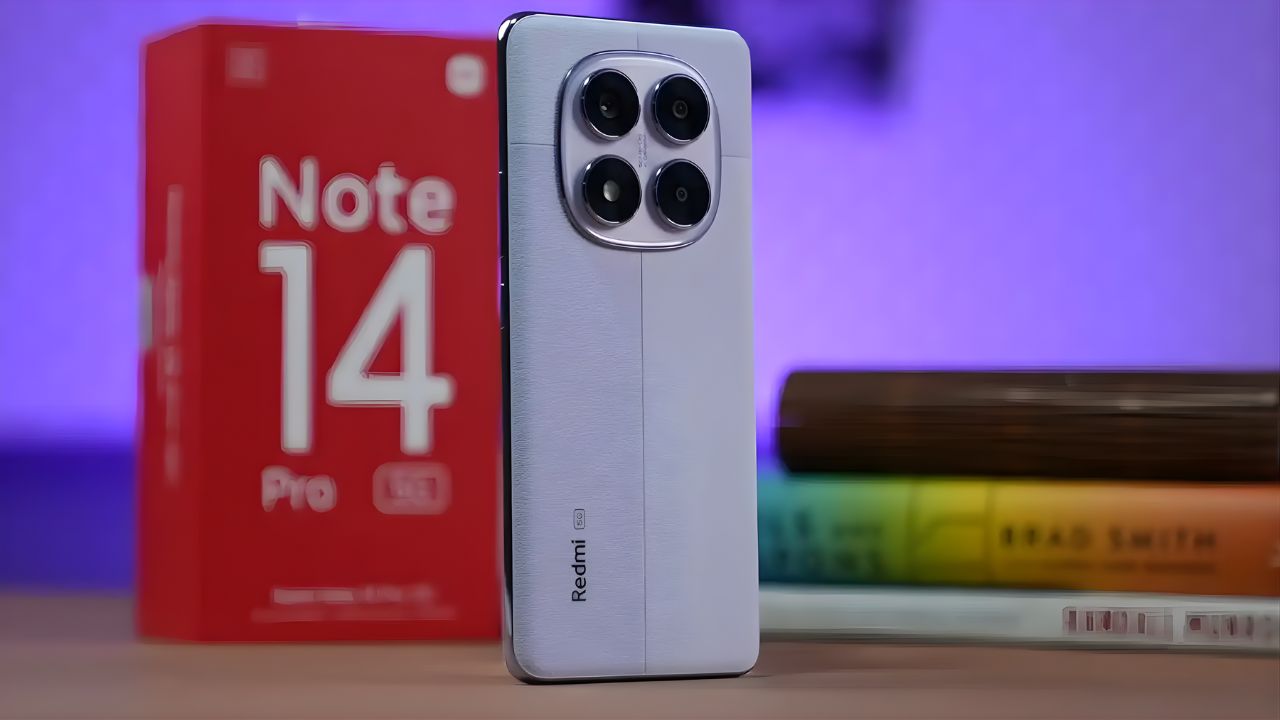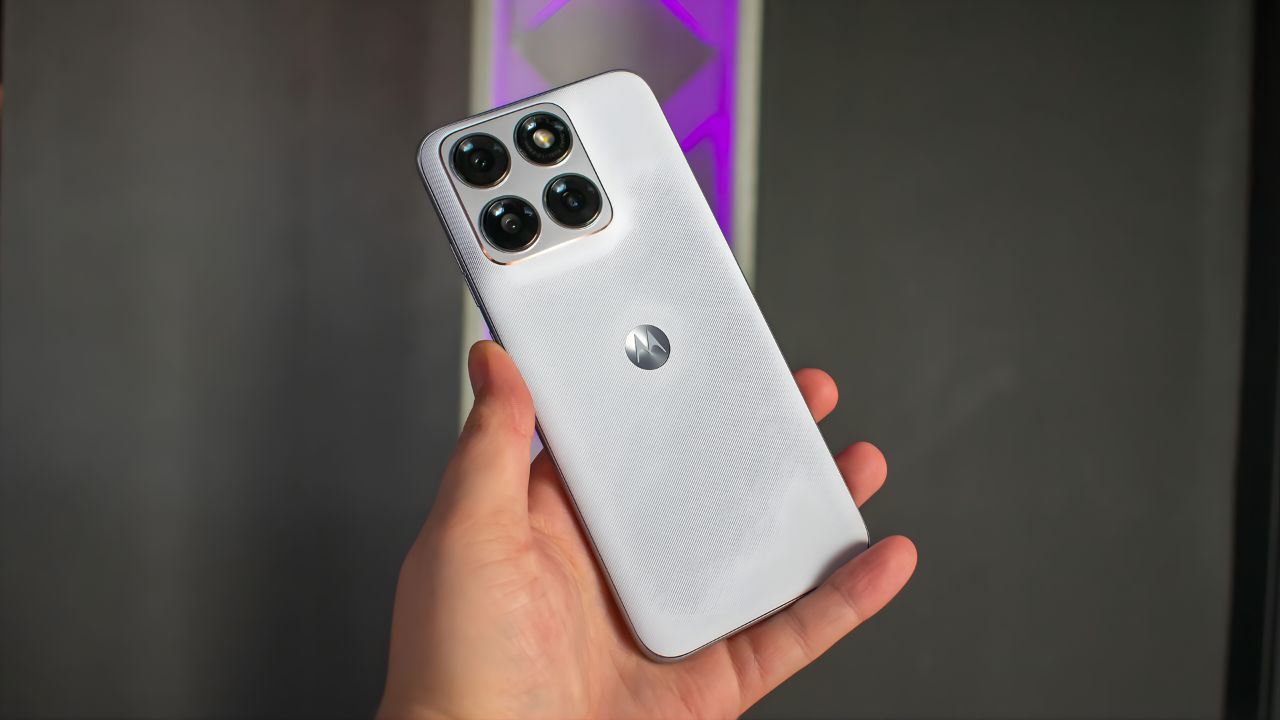Renault has rolled out a facelifted version of the Kiger, aiming to stay relevant in the hyper-competitive compact SUV segment. This update may not be a total transformation, but it’s clear that Renault has listened to customer feedback. So, is it finally enough to make the Kiger stand out in a crowd of Fronx, Exter, and Punch?
Design
At first glance, the changes to the Kiger might not scream facelift, but look closer and you’ll notice subtle enhancements that sharpen its presence. The front grille has been revised with a larger Renault logo, giving it more road presence. Smoked LED tail lamps and a new bumper design also contribute to the refreshed look.
The new alloy wheels and two striking colour additions—Oasis Yellow and Shadow Grey—help give the Kiger a more youthful and premium edge. While it doesn’t look radically different from the outgoing version, the updated design definitely adds to its visual appeal.
Cabin
Inside is where the Kiger feels most improved. The higher trims now offer features that were previously missing and are rare to find at this price point—ventilated front seats and a 360-degree surround-view camera. These are real game-changers for buyers looking for comfort and convenience.
The use of leatherette upholstery and soft-touch materials in the cabin gives it a more upmarket feel. Renault has also worked on improving sound insulation and overall NVH levels, making the cabin quieter and more refined, especially at cruising speeds.
Space
Space was already one of the Kiger’s strong suits, and that hasn’t changed. There’s ample headroom in both rows, and the boot is still one of the largest in the segment. Whether you’re loading up groceries or planning a weekend getaway, the Kiger’s practicality stands tall.
Drive
Under the hood, the same 1.0-litre engines continue—one naturally aspirated and the other turbocharged. The naturally aspirated unit does the job for daily commutes but doesn’t really excite. However, the 1.0-litre turbo-petrol engine offers punchy performance, especially in the mid-range.
The turbo variant paired with the CVT gearbox is smooth and ideal for urban traffic. You still get the typical three-cylinder engine note when pushed hard, but Renault has done enough to reduce cabin vibrations and harshness.
Verdict
While the Kiger facelift isn’t a full makeover, it’s a smart, value-driven update. The focus on comfort features, better refinement, and updated styling makes it more appealing without significantly hiking prices. It’s still one of the most practical compact SUVs around and now feels more grown-up.
If you’re hunting for a compact crossover with good space, standout features, and a strong turbo-CVT combo, the new Kiger should definitely be on your radar. However, if you’re eyeing the naturally aspirated variants, it might be worth cross-shopping with rivals like the Fronx or Punch, which offer a bit more flair or efficiency in comparison.
Here’s a quick look at what’s new:
| Feature | Update |
|---|---|
| Exterior | New grille, smoked tail lamps, new colours |
| Interior | Leatherette, soft-touch dash, better NVH |
| New Features | Ventilated seats, 360-view camera |
| Engine Options | 1.0 NA & 1.0 Turbo (unchanged) |
| Transmission Choices | Manual, AMT, CVT |
| Segment Rivals | Fronx, Punch, Exter |
FAQs
What’s new in the Kiger facelift?
Updated grille, colours, features like ventilated seats and 360 camera.
Does the Kiger get a new engine?
No, it continues with the same 1.0 NA and 1.0 turbo-petrol engines.
Is the turbo version better than NA?
Yes, it offers stronger performance and a smoother drive.
How is the Kiger’s space and boot?
It offers good cabin space and one of the biggest boots in the class.
Is the Kiger facelift worth buying?
Yes, especially the turbo-CVT version for its value and features.


